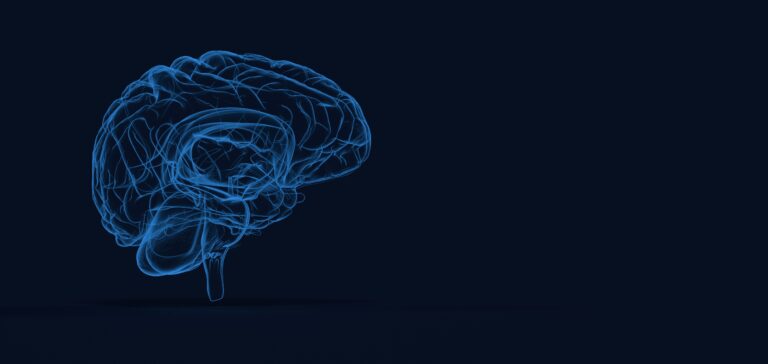Menopause and andropause are natural stages in aging for women and men, respectively. Both involve hormonal changes that affect health in various ways as people grow older.
## Effects of Menopause on Aging Health
Menopause marks the end of a woman’s menstrual cycles, usually occurring around age 50. It happens because the ovaries produce less estrogen and progesterone hormones. This drop in estrogen leads to several changes:
– **Skin and Tissue Changes:** Estrogen helps keep skin firm by supporting collagen, which is like a scaffold for skin, joints, and tissues. When estrogen levels fall during menopause, collagen breaks down faster than it can be replaced. This causes skin to become thinner, drier, less elastic, and more prone to wrinkles or sagging[3][5]. Joints may also feel stiffer or achier.
– **Bone Health:** Lower estrogen increases the risk of osteoporosis—a condition where bones become weak and brittle—because bone density decreases faster after menopause. Women can lose up to 10% of their bone mass within five years after menopause[4].
– **Body Fat Distribution:** After menopause, many women notice more fat accumulating around the belly area. This change raises risks for health problems such as type 2 diabetes, heart disease, dementia, and some cancers[4].
– **Heart Health:** The decline in estrogen affects cholesterol levels negatively (hyperlipidemia), increasing cardiovascular risk[1][4].
– **Energy & Fatigue:** Hormonal shifts slow down metabolism at the cellular level; mitochondria (the cell’s energy producers) work less efficiently without proper nutrients or rest. This can cause fatigue and muscle loss over time[3].
– **Emotional & Psychological Impact:** Menopausal symptoms like hot flashes or sleep disturbances may contribute to anxiety about aging itself[2].
## Effects of Andropause on Aging Health
Andropause refers to age-related hormone changes in men—primarily a gradual decline in testosterone starting around middle age.
Though not as abrupt as menopause:
– Testosterone reduction affects muscle mass leading to weakness or loss.
– Bone density may decrease similarly but generally at a slower rate than women experience post-menopause.
– Men might experience increased body fat accumulation.
– Energy levels often drop due to reduced mitochondrial efficiency.
– Mood swings or decreased libido are common due to hormonal shifts.
## Common Themes Between Menopause & Andropause
Both conditions represent hormonal remodeling that impacts how bodies function with age:
– Hormones regulate many processes including metabolism, tissue repair (like collagen production), mood regulation, sexual function.
– As hormone production shifts from primary glands (ovaries/testes) toward other organs like adrenal glands with aging,[3] energy distribution changes requiring lifestyle adjustments.
– Without adequate nutrition rich in antioxidants and quality proteins plus good sleep/rest habits,[3] low-grade chronic inflammation can develop affecting joints,tissues,nervous system health overall.
## Managing These Changes
While these effects are natural parts of aging:
Maintaining healthy habits helps reduce risks:
– Balanced diet rich in antioxidants supports skin integrity & mitochondrial function
– Regular weight-bearing exercise strengthens bones & muscles
– Monitoring heart health through medical checkups
– Managing stress improves emotional well-being
– Consulting healthcare providers about symptoms ensures timely interventions if needed
In summary: Menopause causes significant drops in female hormones leading to visible signs like skin aging plus internal risks such as osteoporosis; while male hormone declines during andropause also affect muscle strength,bone density,and energy but usually more gradually.[1][3][4][5] Both require attention through lifestyle choices aimed at supporting body systems adapting through midlife into older age.





